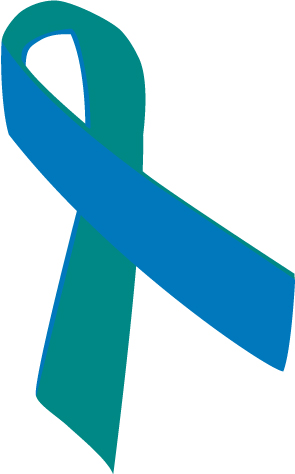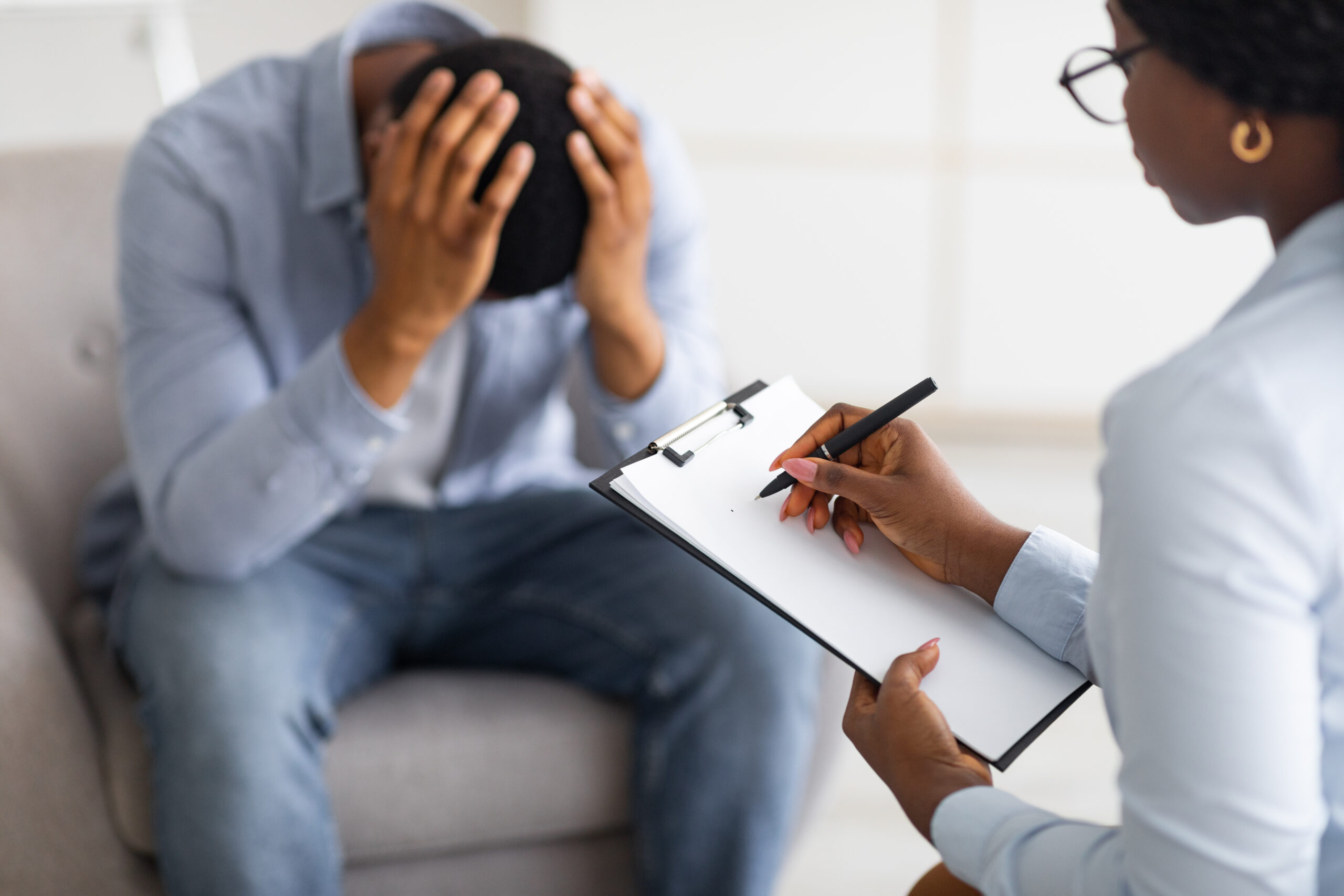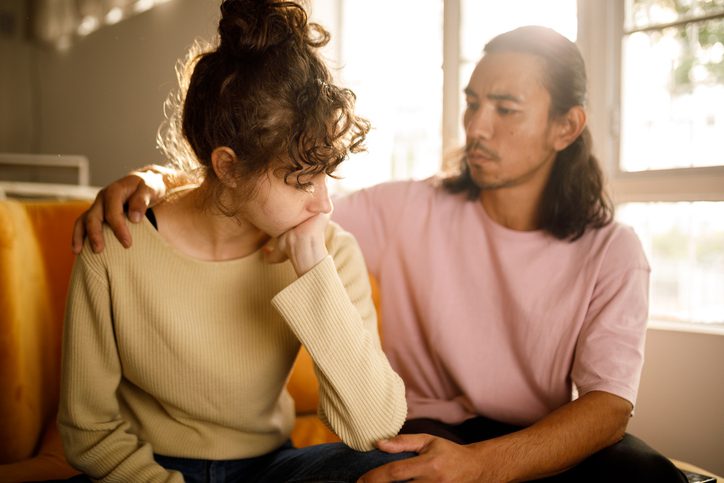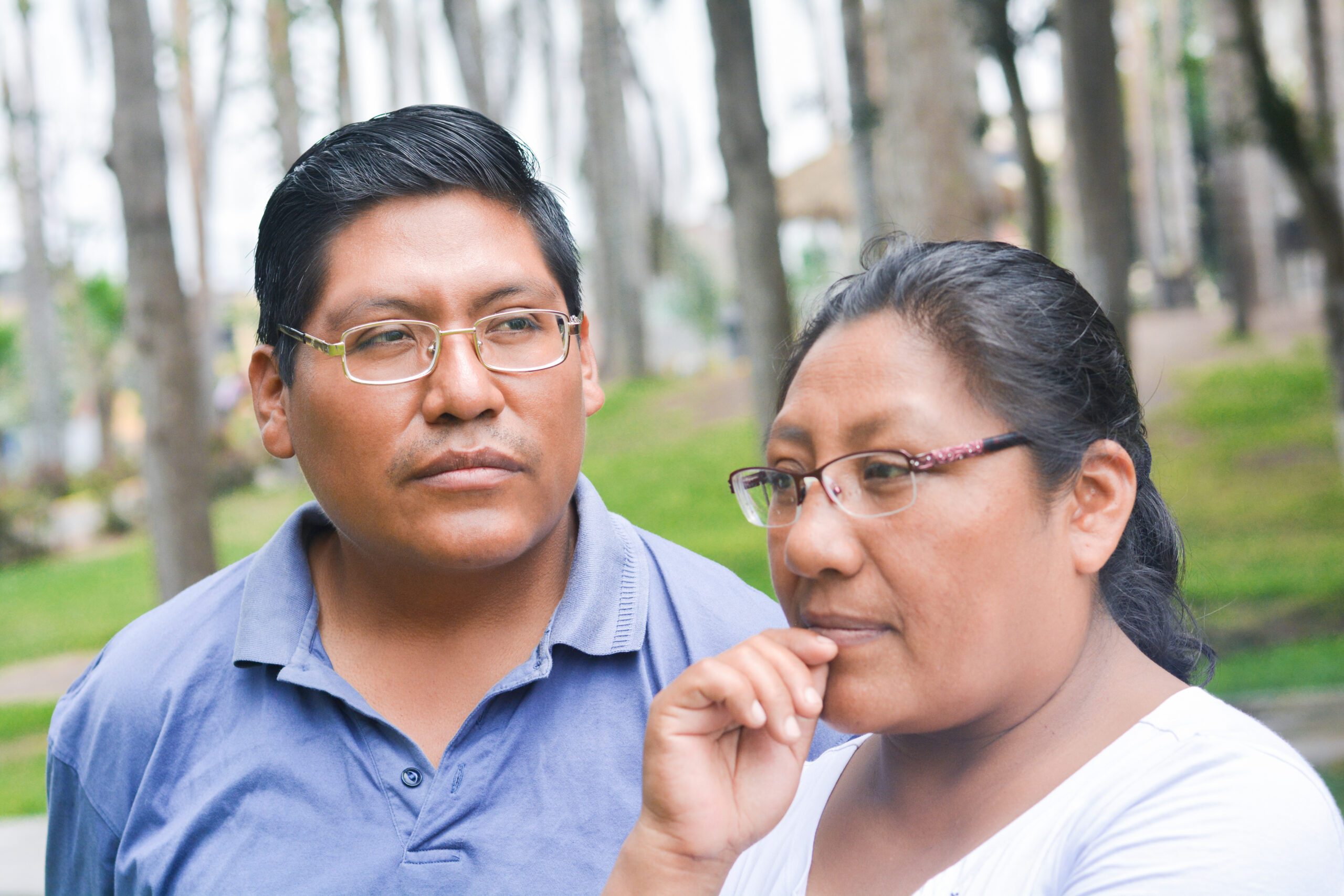| Mental Health Awareness Ribbon (Photo credit: Wikipedia) |
Would you take a Mental Health First Aid course?
Let’s face it; it is not unusual for employers to require employees to enroll in a Red Cross course to receive certification in First Aid/CPR. This training can assist employees to respond to their co-workers who may suffer a medical emergency, and likewise to react appropriately if a customer, client, guest, or patient needs First Aid.
But what if it is not a physical but a mental health emergency? Would you know what to do? Would you intervene? Have you heard of Mental Health First Aid (MHFA)?
Mental Health First Aid overview…
The idea for a Mental Health First Aid course originated and was designed in Australia. The year was 2001 when Betty Kitchener was taking a walk with her husband Anthony Jorm. According to an article in the July/August 2013 issue of the American Psychological Association’s (APA) Monitor on Psychology journal:
Anthony F. Jorm, Ph.D. and his wife — co-founder Betty A. Kitchener, a nurse — were discussing her long history of depression. At age 15, she had attempted suicide, but received no professional help or even much comfort from her parents. The couple wondered if better support could have prevented future episodes and how they could help others who had similar problems. They came up with the idea of a first aid course that would focus on mental health just as the Red Cross first aid courses Kitchener taught focused on physical health.
“A lot of people never get to use conventional first aid skills because they’re not that commonly needed,” says Jorm. “But things like someone being suicidal, having a panic attack or being out of contact with reality are reasonably common.” By 2001, Kitchener was piloting the first Mental Health First Aid class.
It was in 2008 when Mental Health First Aid was introduced in the United States by the National Council for Behavioral Health.
Mental Health First Aid – USA
Take a few minutes and visit Mental Health First Aid’s website which is managed and operated by the National Council for Behavioral Health, the Maryland Department of Health and Mental Hygiene and the Missouri Department of Mental Health.
MHFA is an in-person training course where you will learn:
- Signs for addictions and mental illnesses
- 5-step action plan to assess a situation and help
- Impact of mental and substance use disorders
- Local resources and where to turn for help
The Mental Health First Aid Action Plan is called ALGEE for short:
- Assess for risk of suicide of harm
- Listen nonjudgmentally
- Give reassurance and information
- Encourage appropriate professional help
- Encourage self-help and other support strategies
You can click here to find a course near you. And you can watch a video here of a MHFA training role play.
If you are having trouble viewing the video, you can see it here.
Some thoughts about the importance of MHFA
Tomorrow is the first anniversary of the Sandy Hook Elementary School mass murders by a mentally ill 20 year old man. On December 16th it will be three months since the Washington Navy Yard shootings. Next week will be 17 months since a mentally ill young adult graduate student gunned down people who simply wanted to go to the movies in Aurora, Colorado. Here too, in Tucson, Arizona, we will mark a three year milestone of January 8, 2011, when six people were mortally wounded and 13 were critically injured including Congresswoman Giffords. Somehow all these months later our community is still working through our tragedy and together we thrive.
Always following an event like these, we ask ourselves the proverbial question: “Didn’t anyone notice that the perpetrator was experiencing mental health problems?” So far as of December 2013, 140,000 people in the United States have
taken the Mental Health First Aid class and there are 3000 certified
instructors.
So think about taking the Mental Health First Aid class.







